
Bird Walk at Khari River Mehsana Gujarat
- Mehsana
- 20 October, 2025
- Limbachiya Bhargav Pankajbhai

About Khari River Mehsana
The Khari River in Mehsana district, Gujarat, is a riverine habitat in an arid to semi-arid region. The river and its banks, along with adjoining wetlands or seasonal pools, provide habitat for riparian and water-dependent bird species (kingfishers, herons, egrets, river terns, sandpipers, etc.), as well as passerines using the riverine scrub. The surrounding landscape may include scrub, agricultural land, dry deciduous patches, and scattered trees.
Primary threats are water overuse, river channel modification, pollution (agrochemicals, waste), erosion, and drainage of wetlands. Conservation actions would include maintaining environmental flow, buffer strips of native vegetation, controlling pollution, habitat restoration along the riverbanks, and possibly designating the river stretch as a bird conservation corridor.
Partnered with
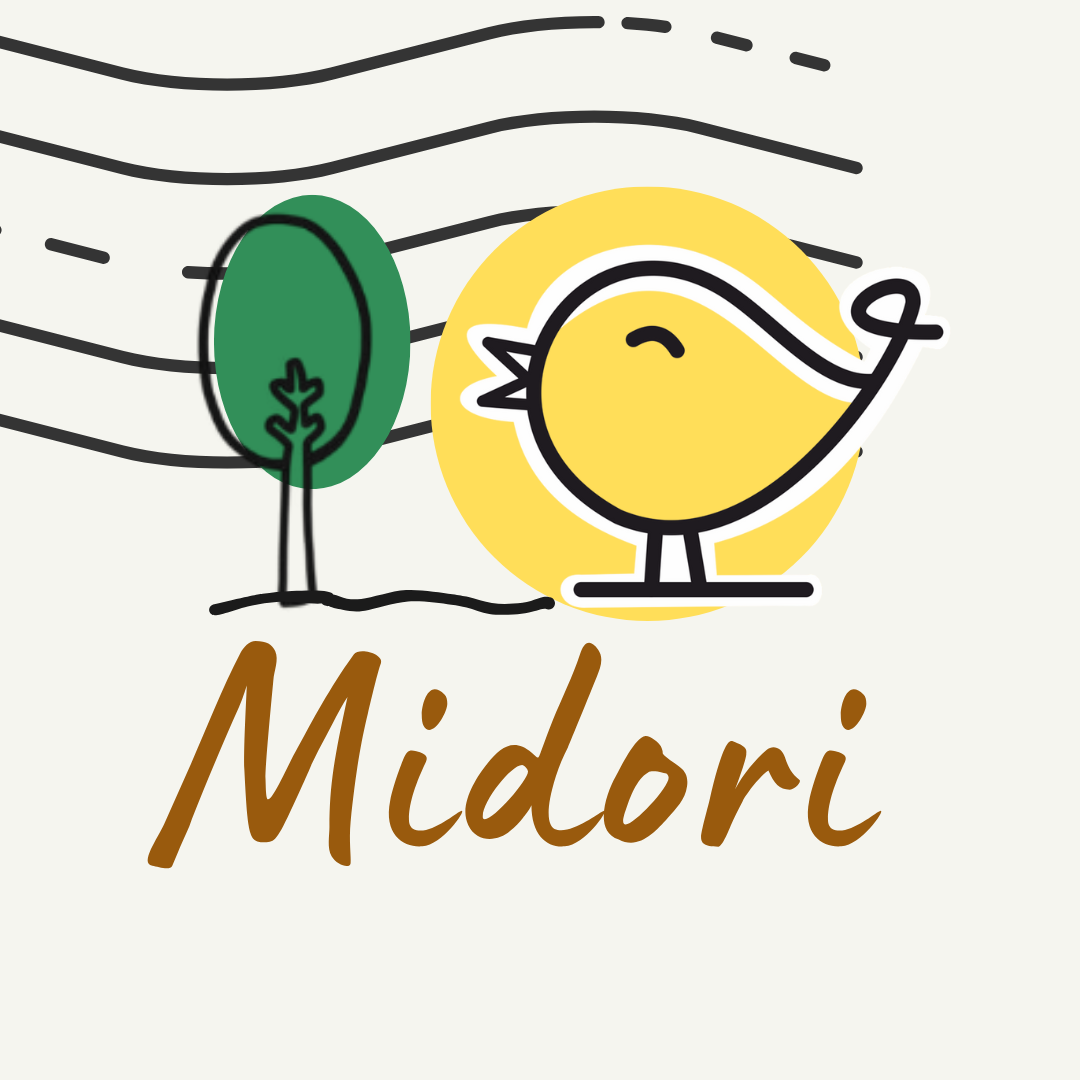

Bird Guide: Limbachiya bhargav pankajbhai
Nature enthusiast and avid birder. For him bird watching and being part of nature and explore nature is not his work but his passion.
Bird walk Location
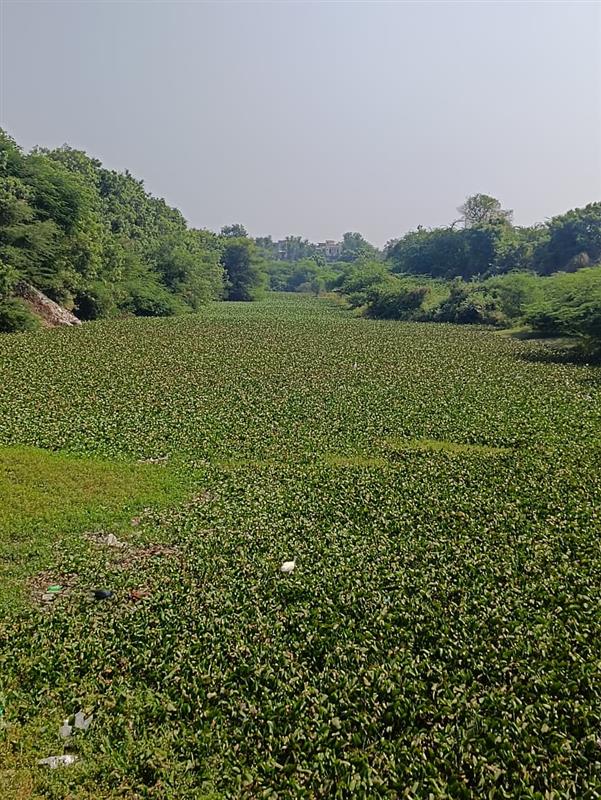
Common birds of Khari River
Along the Khari River in Mehsana (Gujarat), you would expect common riparian and waterbird species recorded in eBird for rivers in north Gujarat. These include White-throated Kingfisher, Pied Kingfisher, Common Kingfisher, Grey Heron, Intermediate Egret, Little Egret, Cattle Egret, Little Cormorant, Indian Pond Heron, River Tern, Black-winged Stilt, Plover species (Little Ringed Plover, Kentish Plover), Sandpipers, and Common Sandpiper in shallow waters. In adjacent scrub or agricultural land, one might find Indian Roller, Indian Peafowl, White-eyed Buzzard, Brown Shrike, Ashy Prinia, Tailorbird, Yellow Wagtail, Wire-tailed Swallow, and Common Iora.
During monsoon or wet season, Egrets, Openbill Stork, and Asian Openbill might appear in flooded patches near the river.
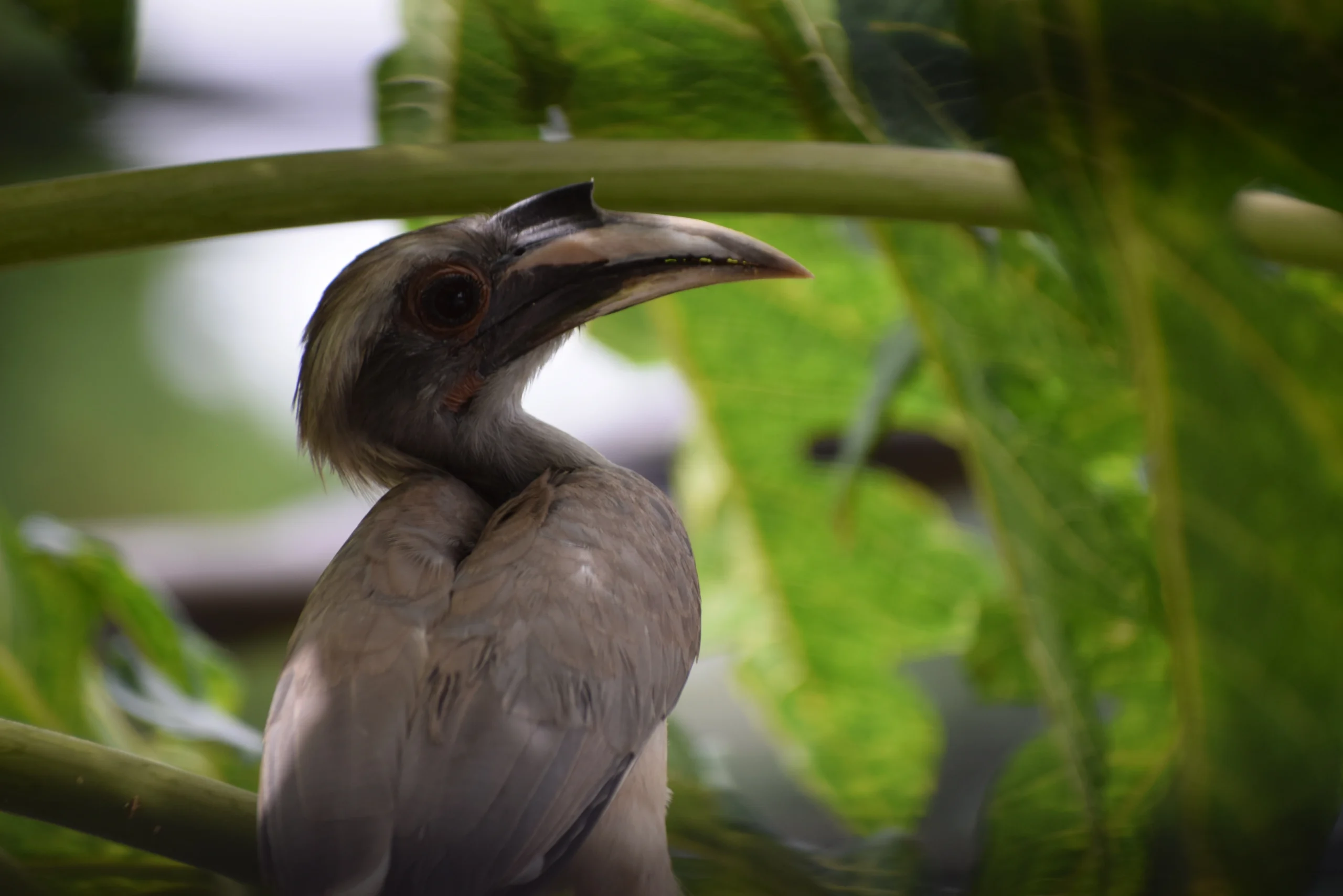
Indian Grey Hornbill
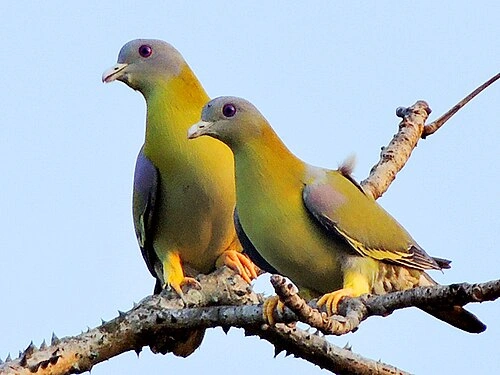
Yellow-footed Green Pigeon
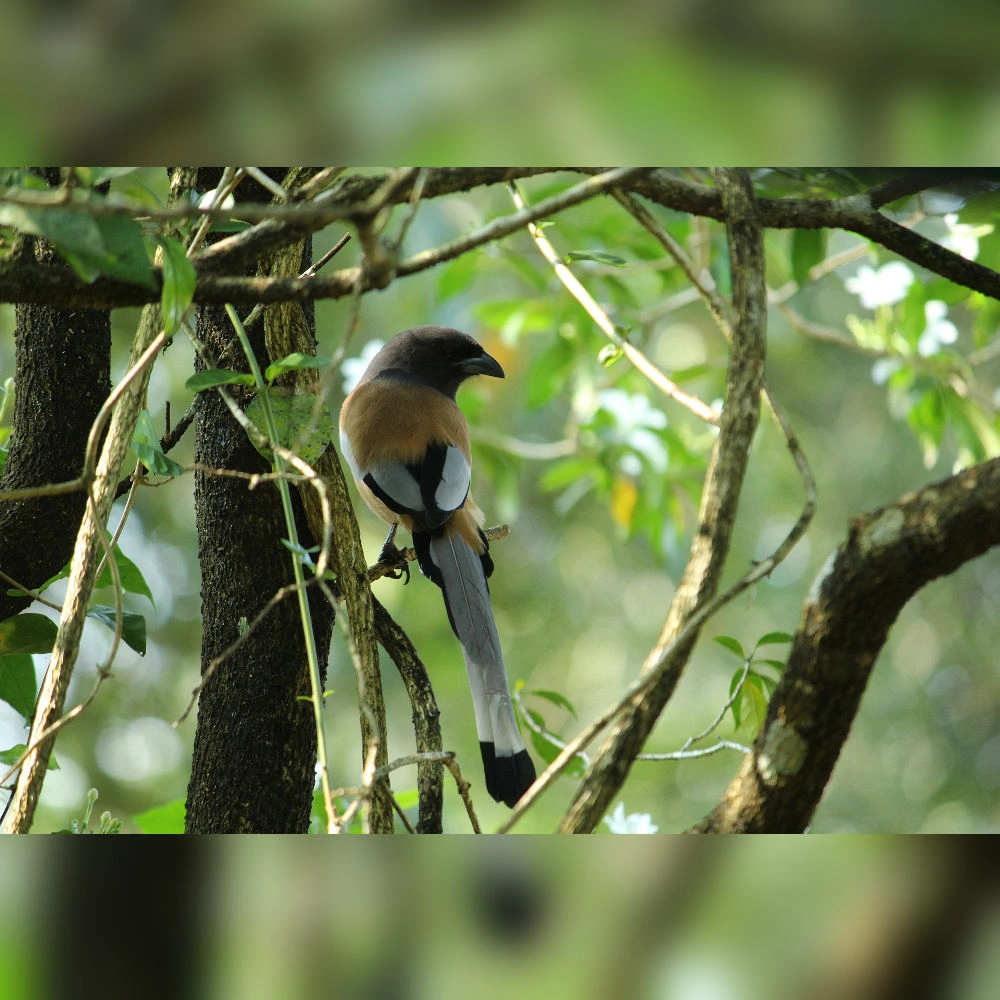
Rufous Treepie
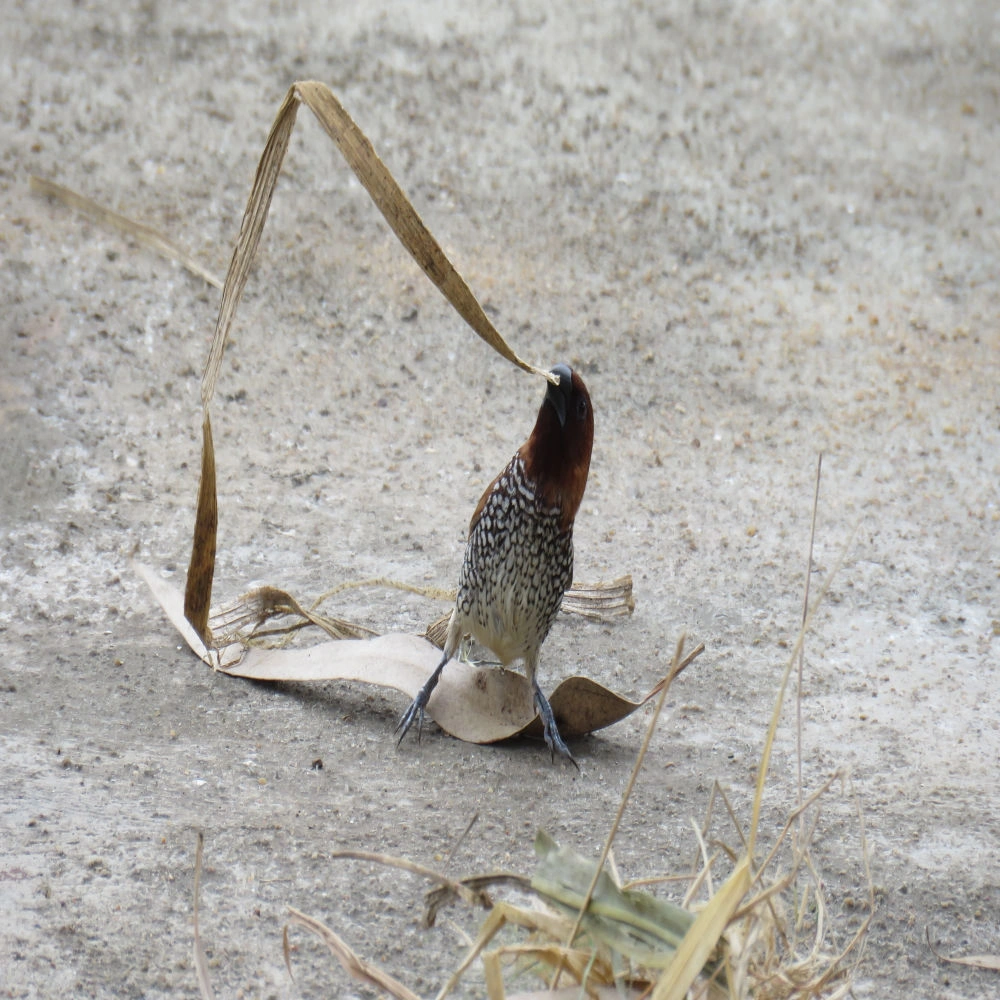
Scaly-breasted Munia
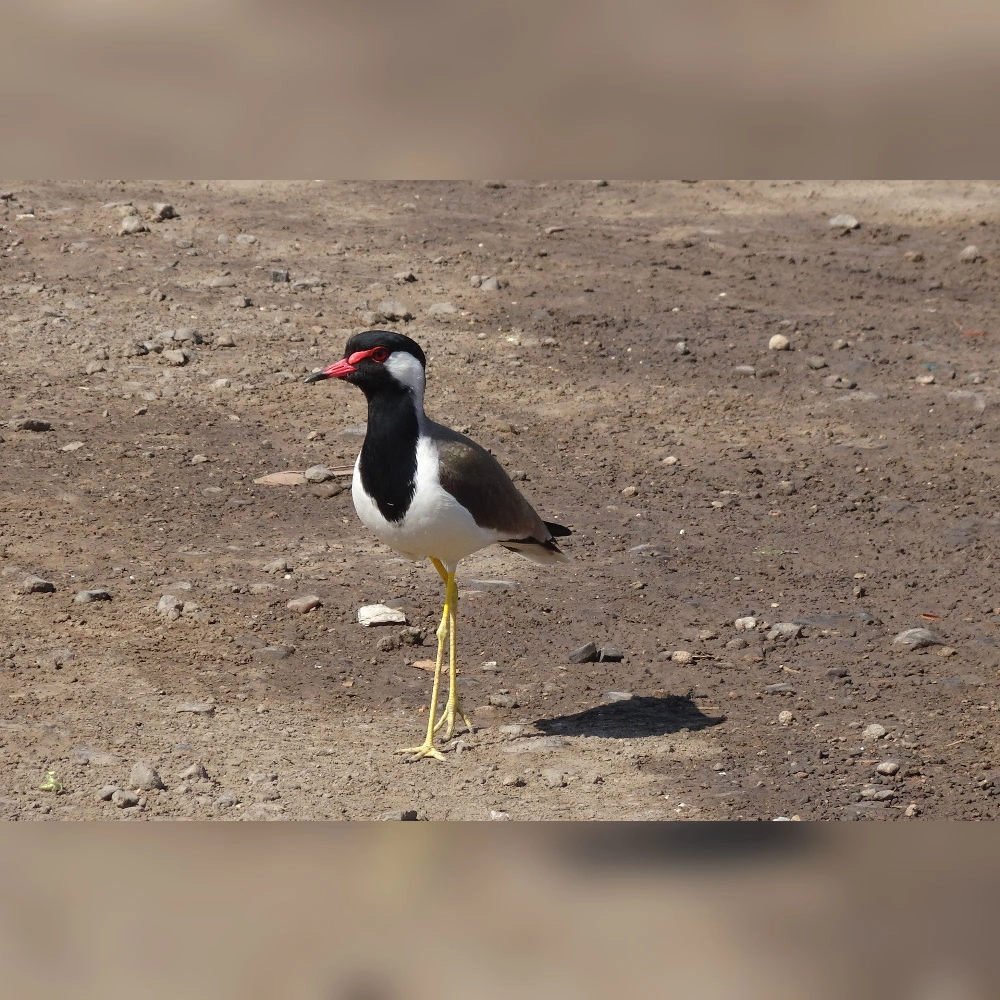
Red-wattled Lapwing
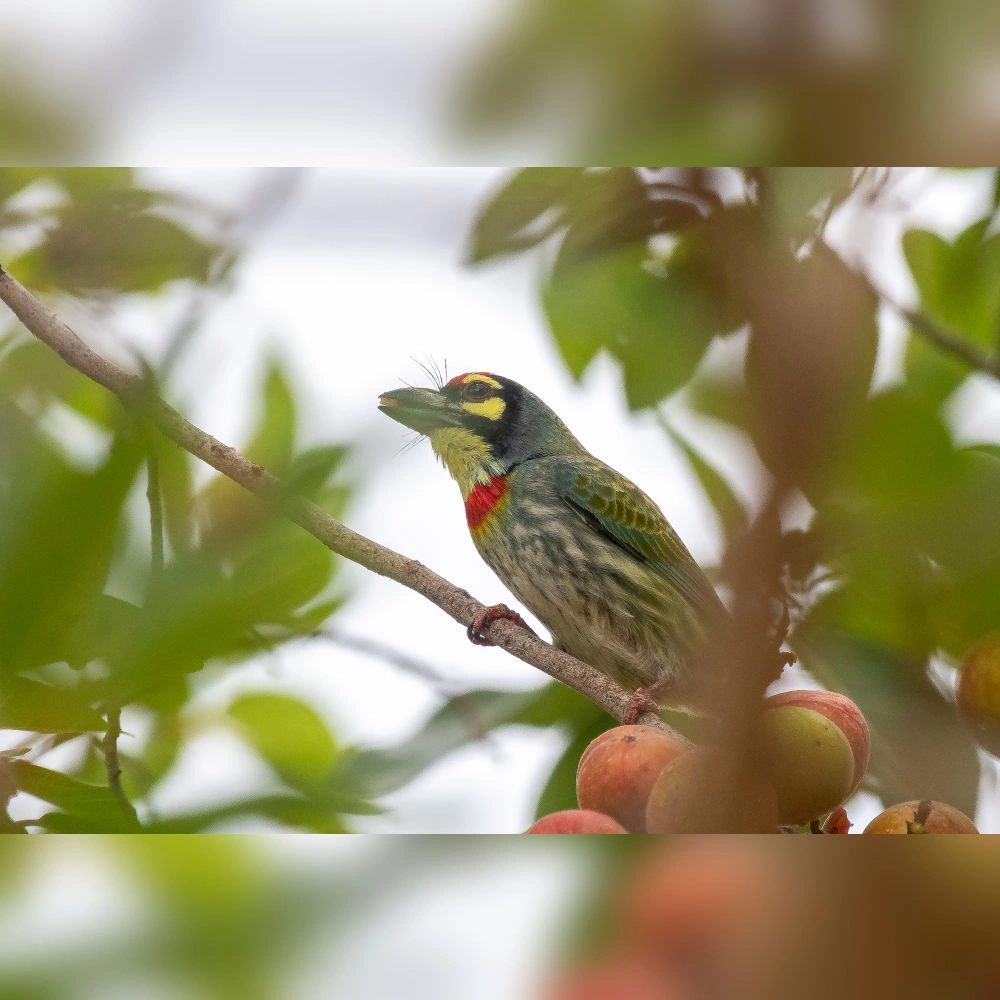
Coppersmith Barbet
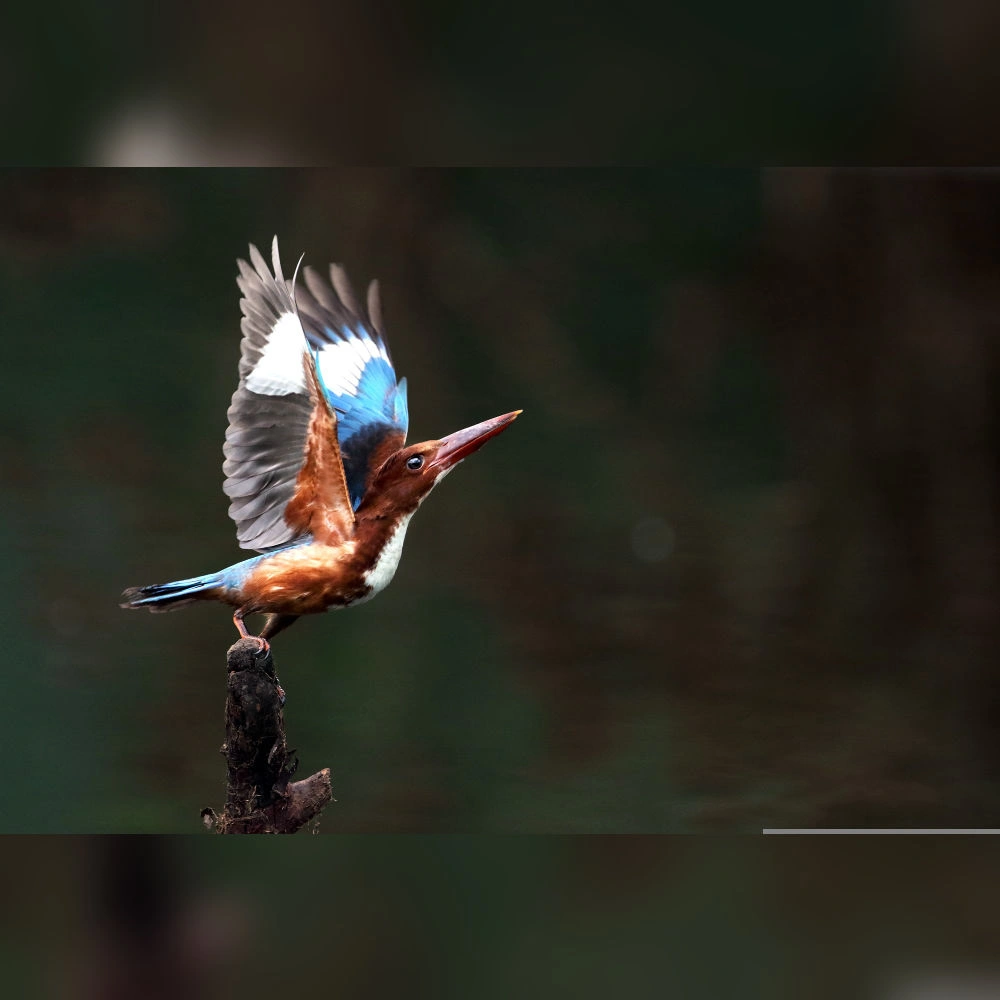
White-throated Kingfisher
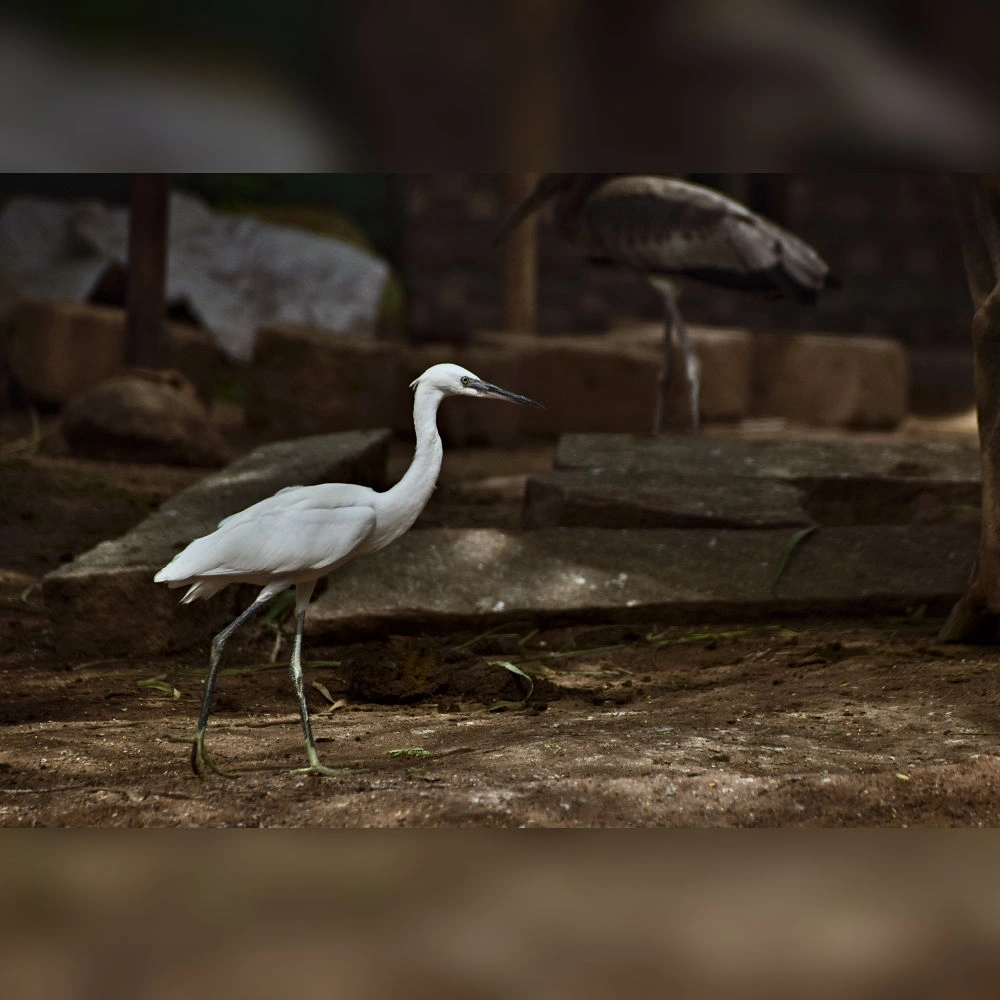
Little Egret
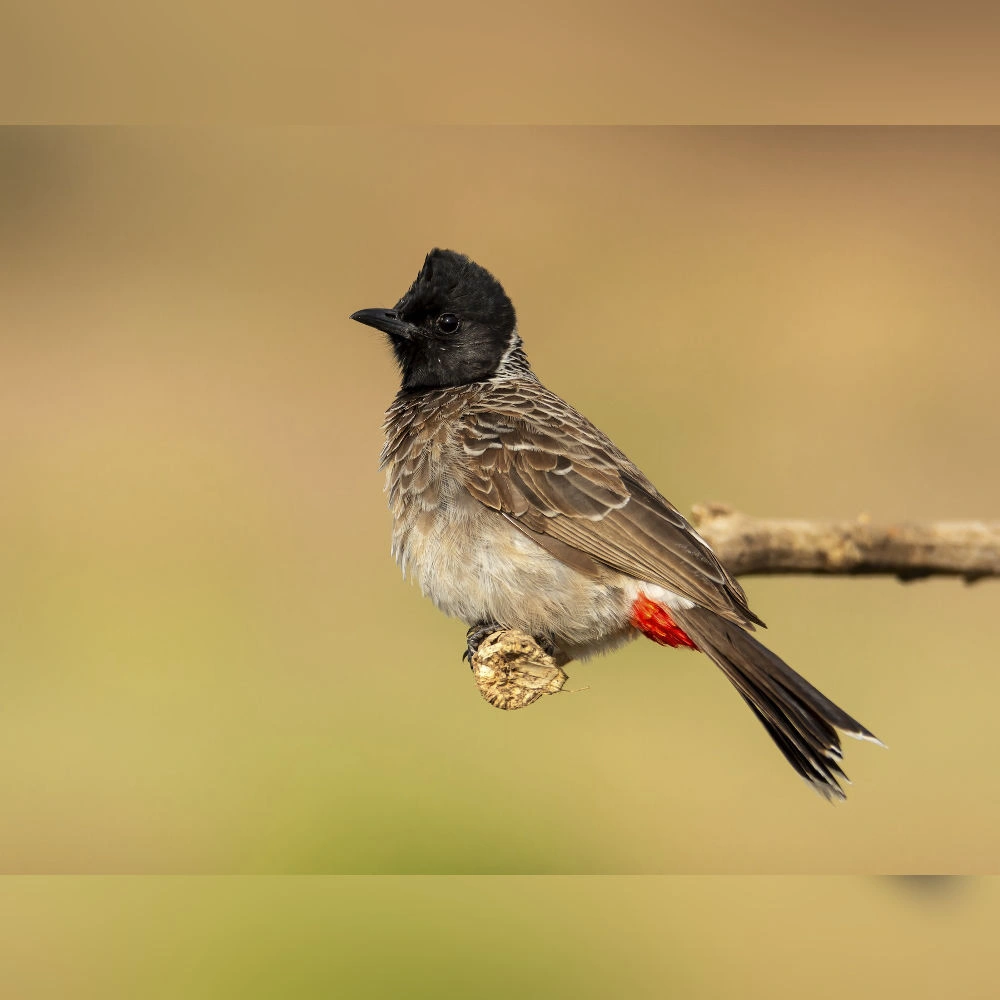
Red-vented Bulbul
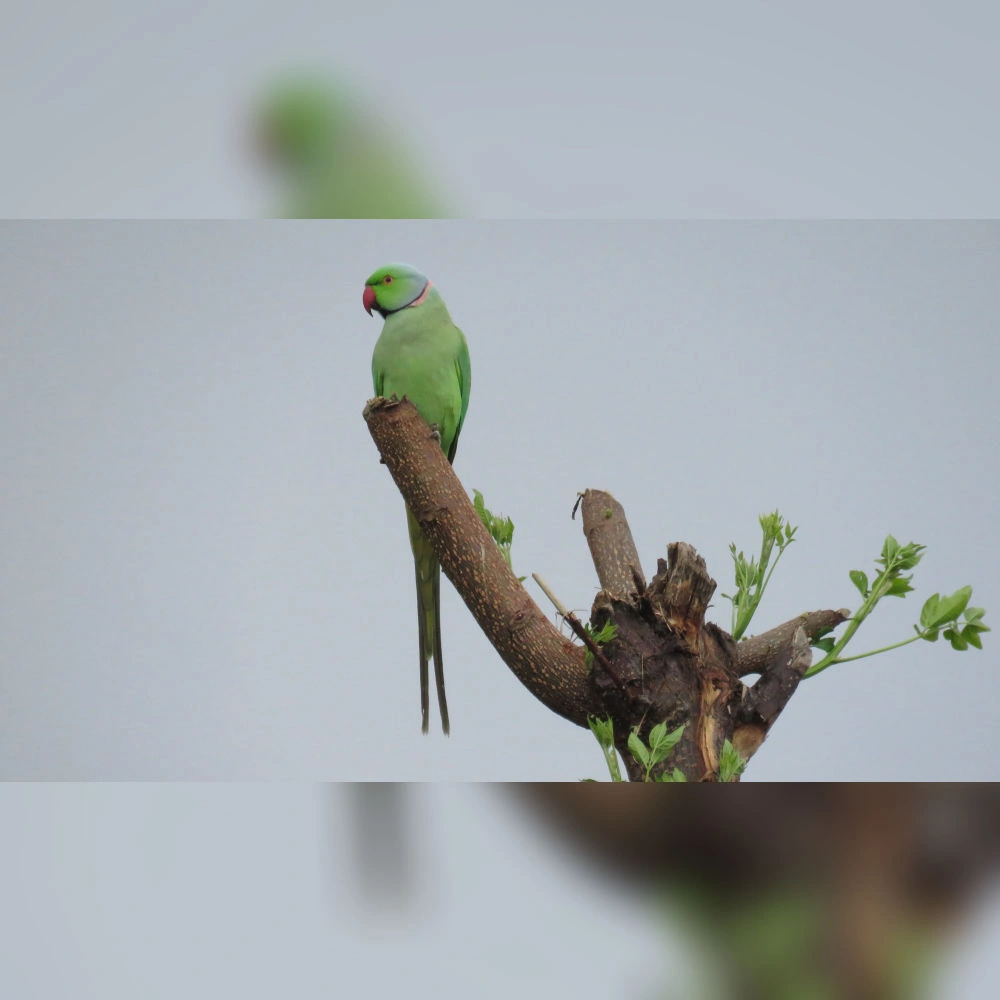
Rose-ringed Parakeet

Black Kite
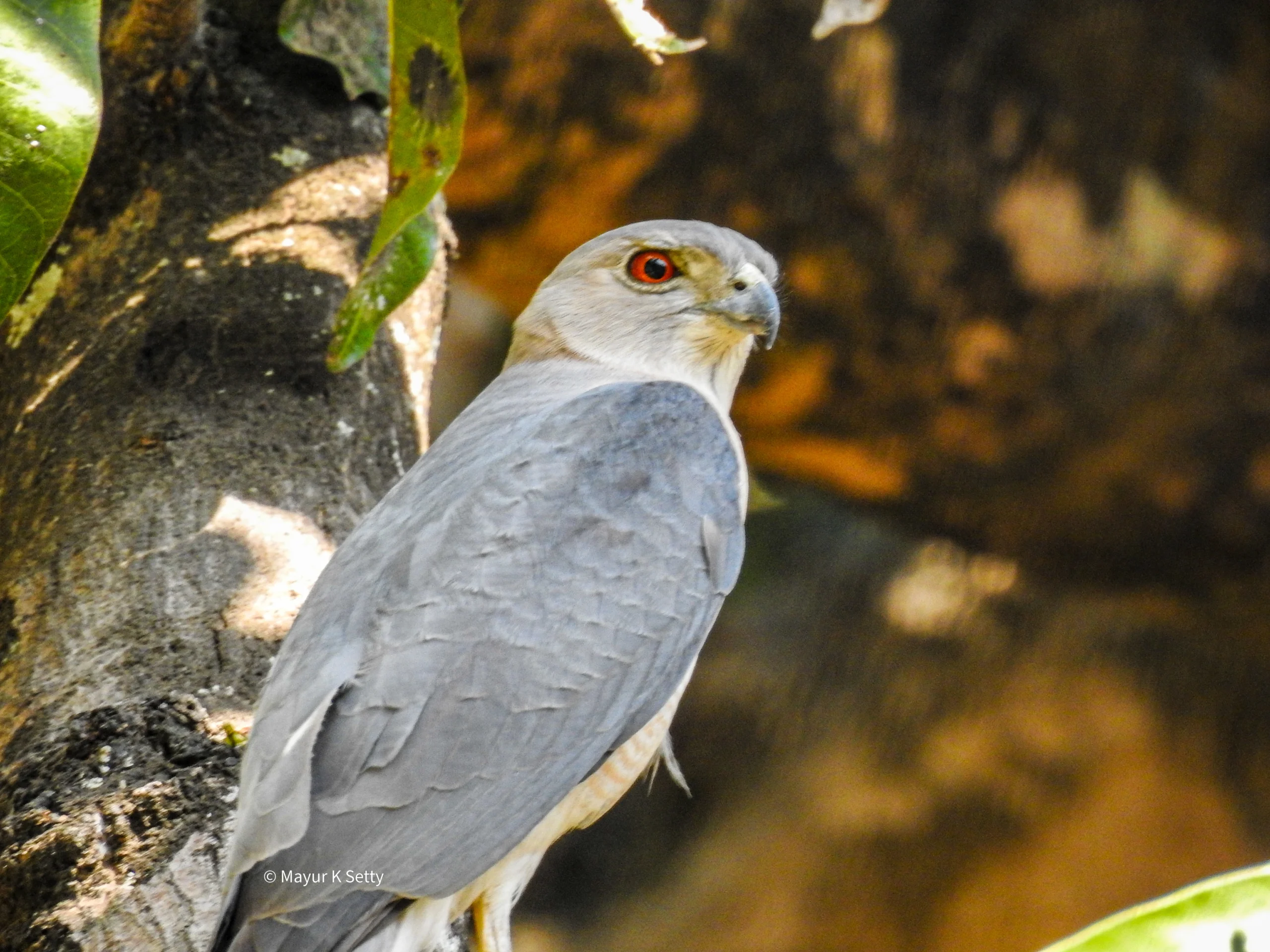
Shikra
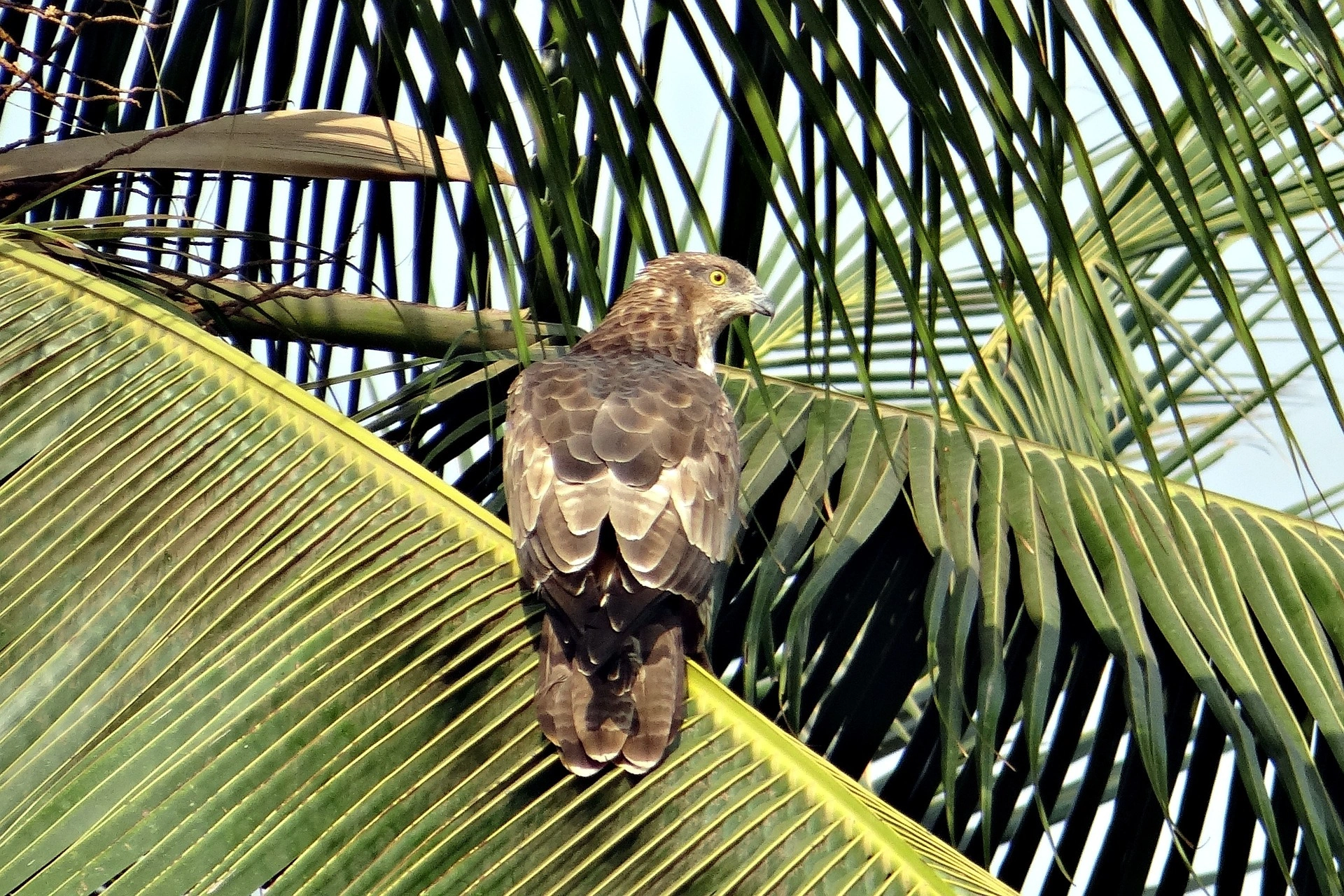
Oriental Honey Buzzard
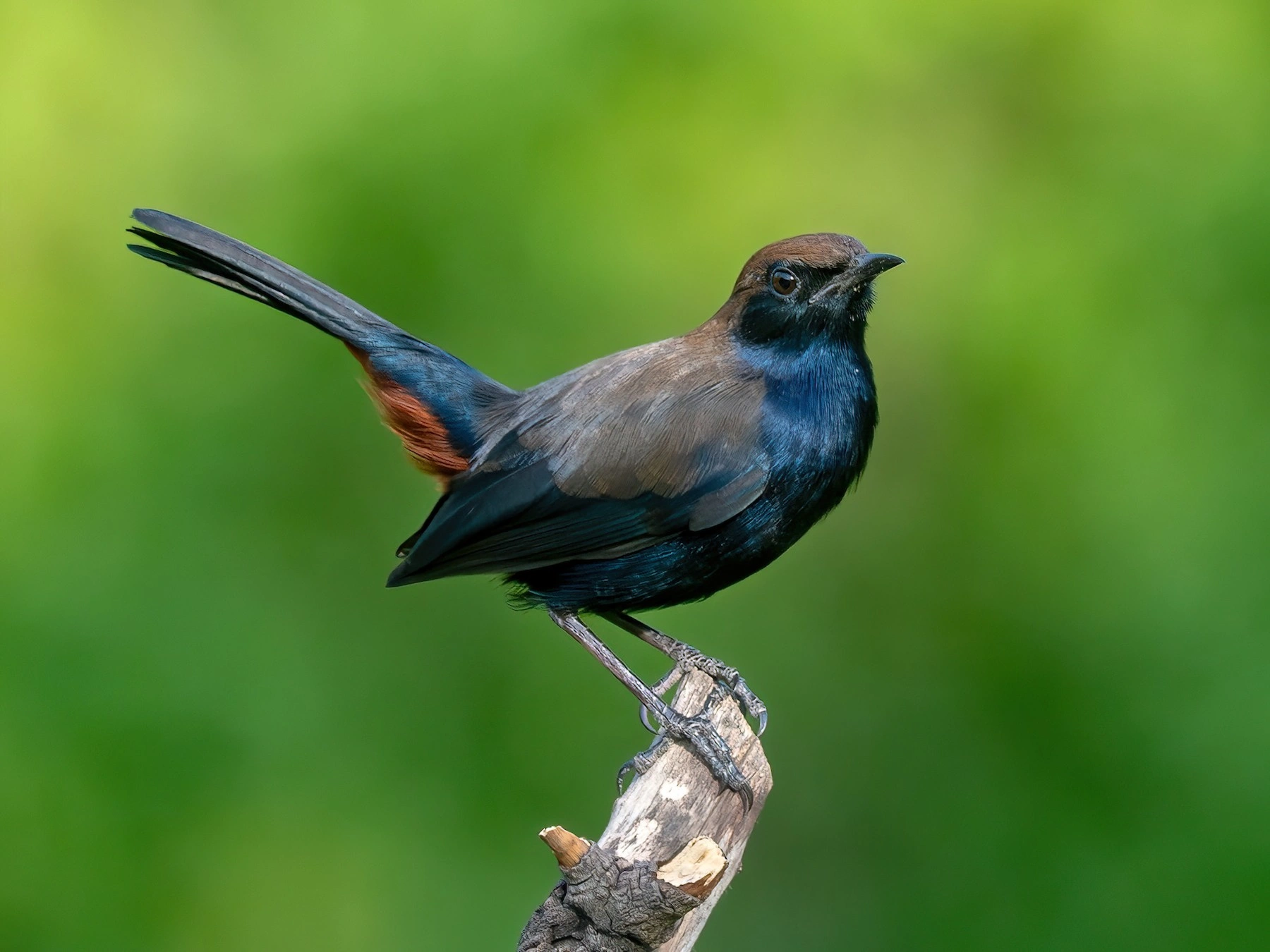
Indian Robin
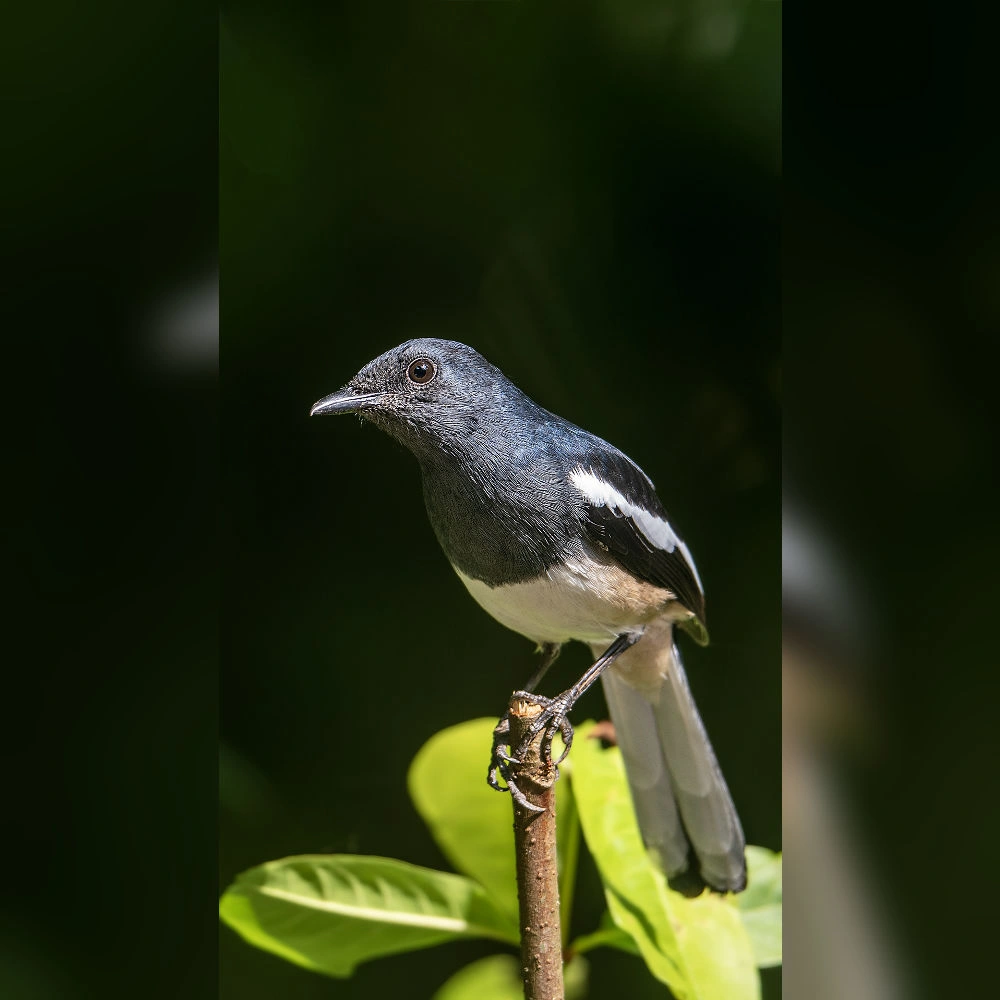
Oriental Magpie Robin
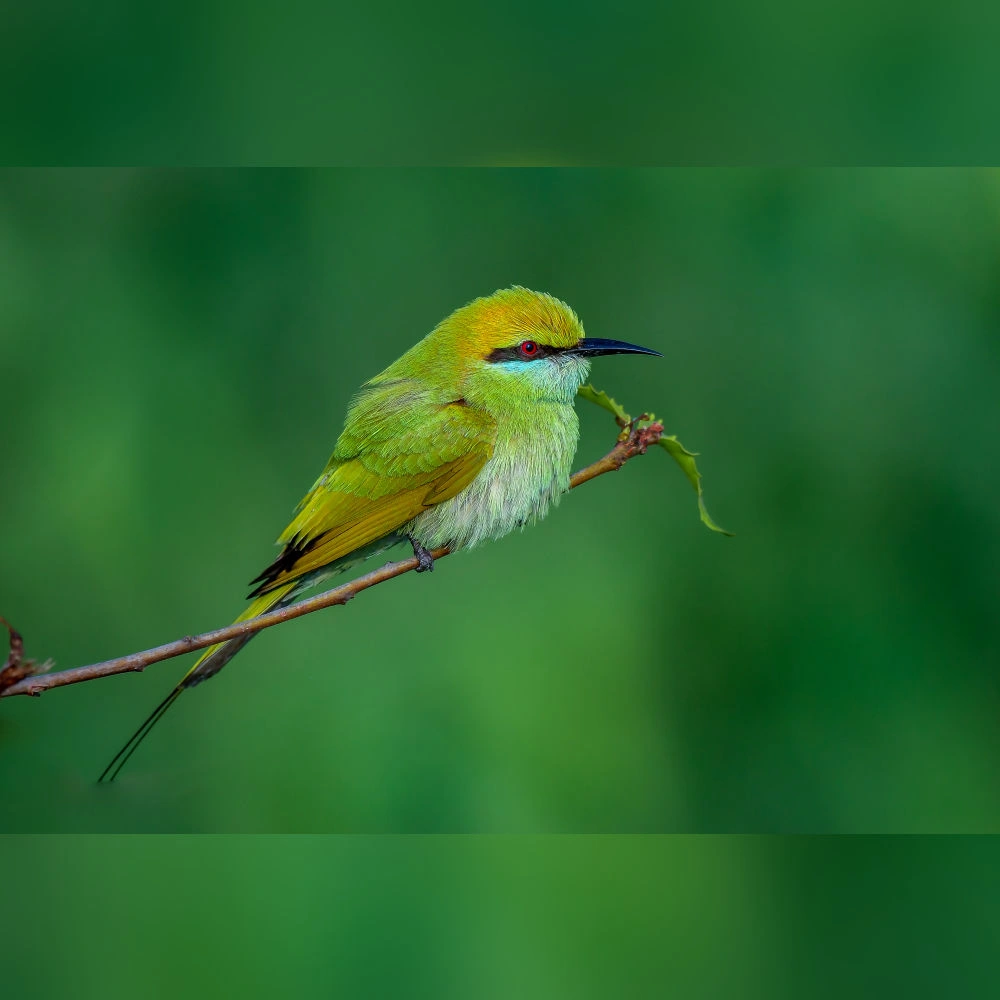
Asian Green Bee-eater
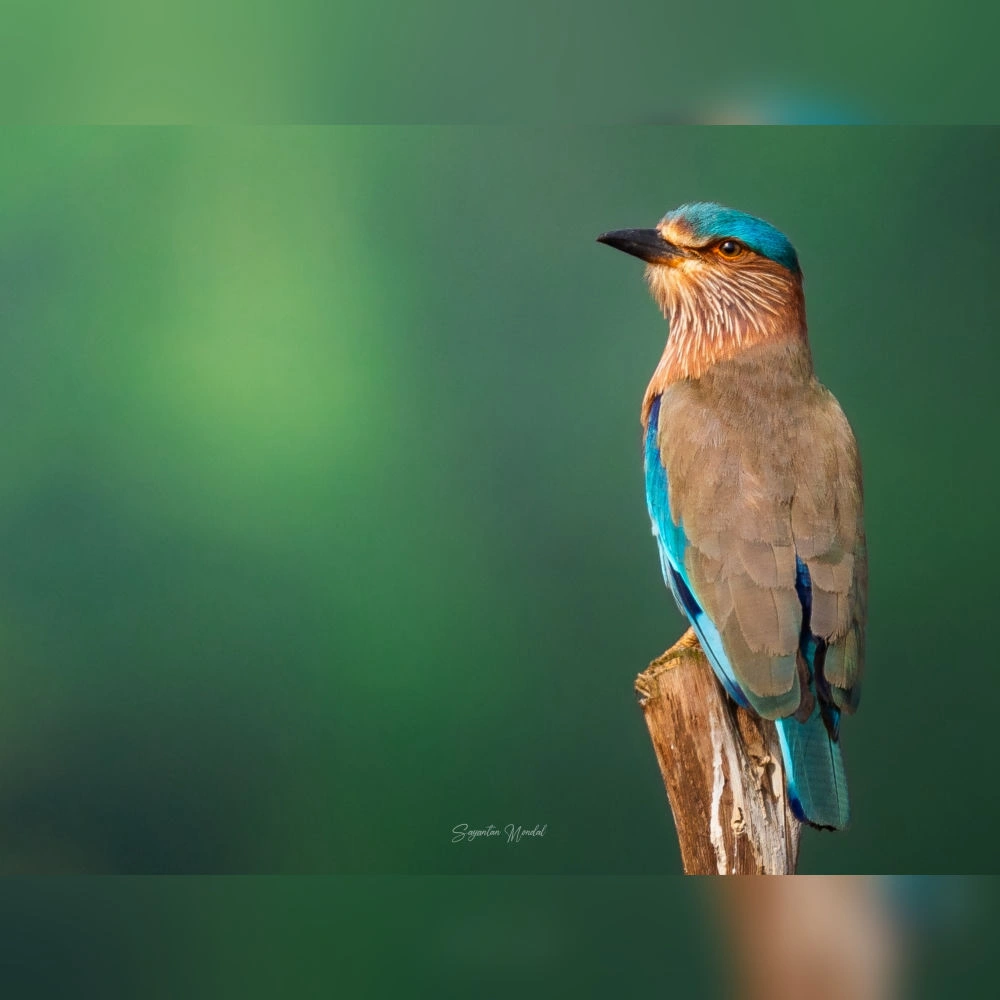
Indian Roller
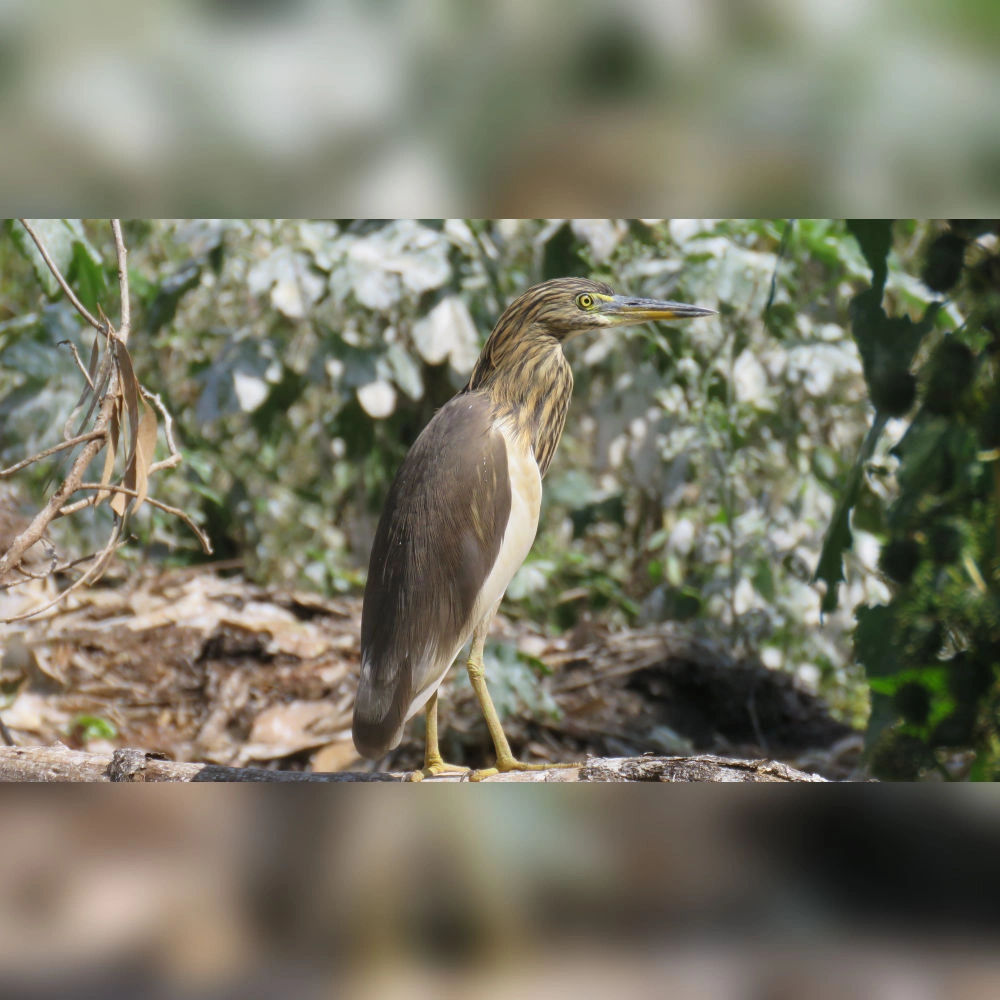
Indian Pond Heron
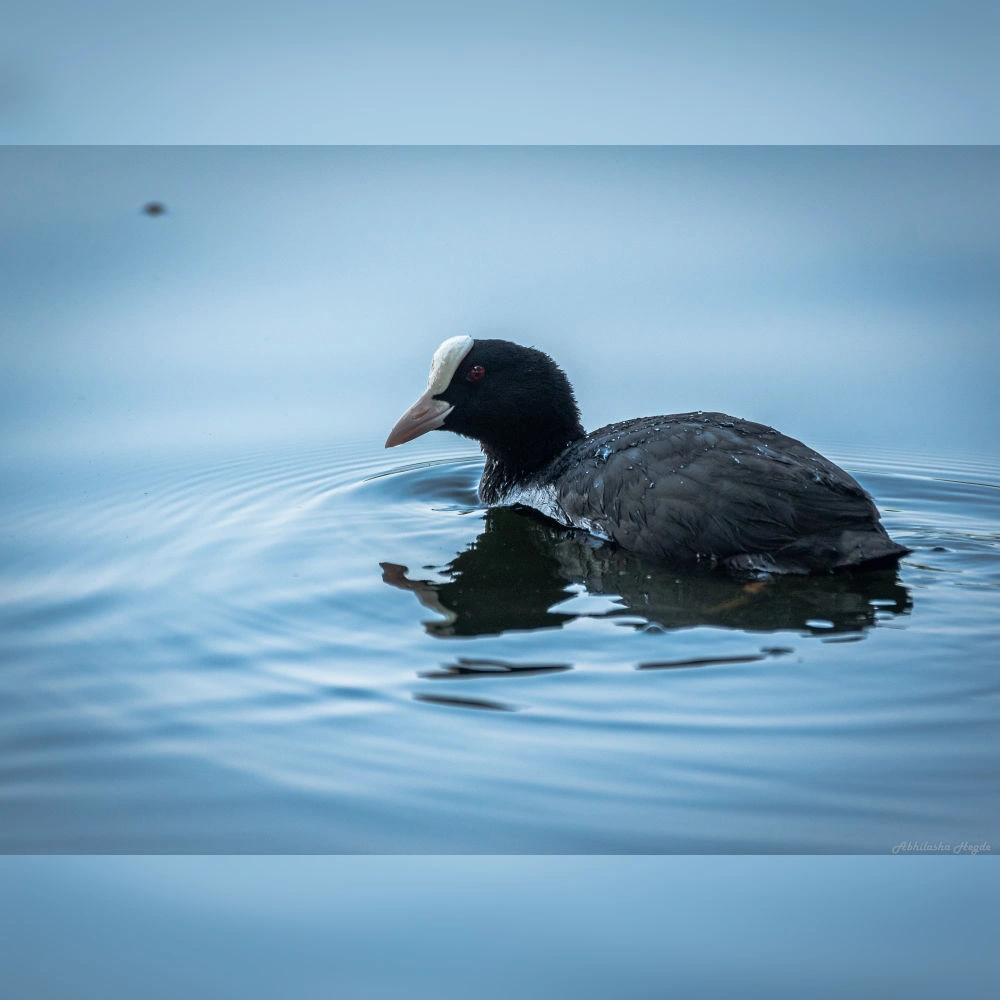
Eurasian Coot
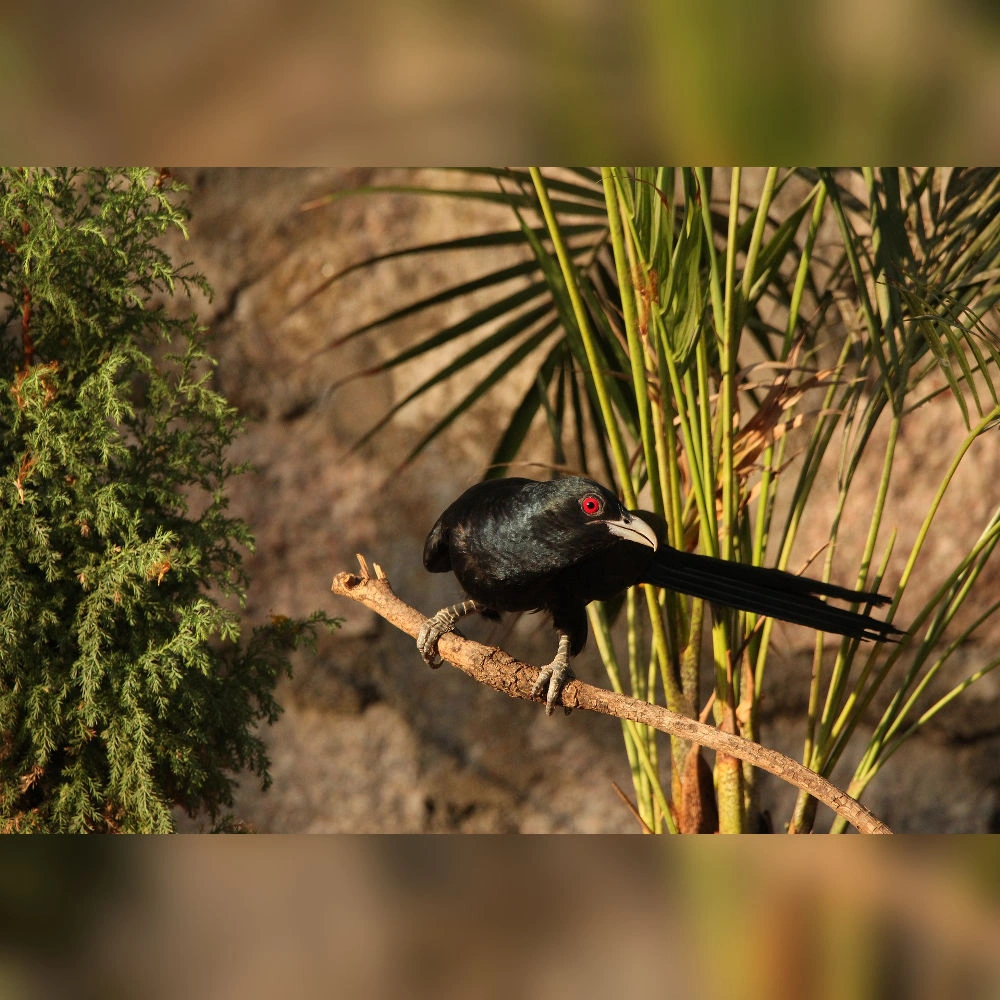
Asian Koel
Summary of Walk
The bird walk at Khari River, Mehsana, Gujarat, led by Limbachiya Bhargav, was a refreshing way to begin the festive morning of Diwali. Twelve enthusiastic participants gathered at sunrise to celebrate the day by connecting with nature and exploring the vibrant birdlife along the river. As the group walked along the serene waterbody, they enjoyed several exciting sightings, including the Yellow-footed Green Pigeon, Bay-backed Shrike, Shikra, Red-vented Bulbul, White-throated Kingfisher, and Grey-headed Swamphen. The peaceful surroundings and the calls of birds made it a memorable way to start the day.
Bhargav enriched the experience by explaining how to identify birds and remember their names, highlighting key differences within species and offering practical tips for beginners. He also emphasized the importance of birdwatching and habitat conservation, encouraging participants to observe and protect the avian diversity around them. For many, it was both a learning experience and a moment of inner calm—an opportunity to appreciate how nature and festivals together can bring joy, awareness, and mindfulness.
Number of Participants
0

